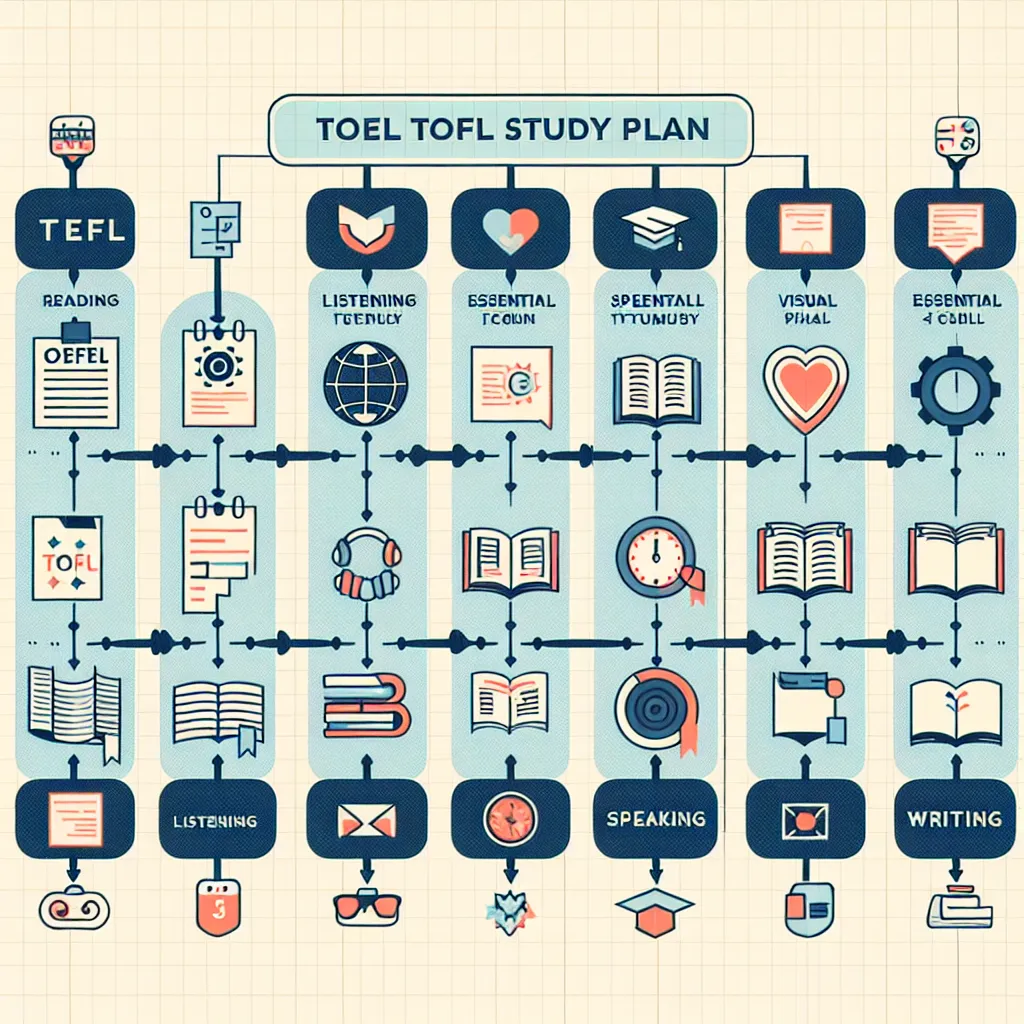Mastering grammar is crucial for success in the TOEFL exam. As an experienced TOEFL instructor and content creator at LearnEnglish.NET, I’ll share effective strategies to enhance your grammar skills for the TOEFL test. Whether you’re a beginner or looking to refine your abilities, these methods will help you achieve your desired score.
Understanding the Importance of Grammar in TOEFL
Grammar plays a vital role in all sections of the TOEFL exam. It’s not just about avoiding errors; proper grammar usage demonstrates your ability to communicate effectively in English. The TOEFL evaluates your grammar skills in reading comprehension, listening exercises, speaking tasks, and writing assignments.
 TOEFL Grammar Importance
TOEFL Grammar Importance
Effective Strategies to Improve TOEFL Grammar
1. Identify Your Weaknesses
Before diving into intensive study, it’s essential to pinpoint your grammar weaknesses. Take a diagnostic test or review your previous TOEFL practice scores to identify areas that need improvement. Common grammar challenges for TOEFL test-takers include:
- Verb tenses and forms
- Subject-verb agreement
- Conditional sentences
- Relative clauses
- Prepositions and phrasal verbs
2. Study TOEFL-Specific Grammar Resources
Utilize grammar books and resources specifically designed for TOEFL preparation. These materials focus on the grammar structures most frequently tested in the exam. Some recommended resources include:
- “The Complete Guide to the TOEFL Test” by Bruce Rogers
- “Delta’s Key to the TOEFL iBT” by Nancy Gallagher
- “Cambridge Preparation for the TOEFL Test” by Jolene Gear and Robert Gear
These books offer comprehensive explanations and targeted practice exercises to strengthen your grammar skills.
3. Practice with Authentic TOEFL Materials
Expose yourself to the types of questions and passages you’ll encounter on the actual test. Use official TOEFL practice tests and sample questions provided by ETS (Educational Testing Service). This approach will help you become familiar with the exam format and the way grammar is assessed in context.
4. Engage in Intensive Reading
Regular reading of academic texts can significantly improve your grammar skills. Focus on materials similar to those found in the TOEFL exam, such as:
- Academic journals
- Scientific articles
- University-level textbooks
- News articles from reputable sources
As you read, pay attention to sentence structures, verb tenses, and complex grammatical constructions. Try to understand how these elements contribute to the overall meaning of the text.
5. Utilize Grammar Checking Tools
While it’s crucial not to rely solely on technology, grammar checking tools can be valuable for self-correction and learning. Applications like Grammarly or the Hemingway Editor can help you identify and understand your grammar mistakes. Use these tools to review your writing practice and learn from your errors.
6. Practice Error Identification
Develop your ability to spot grammar errors by regularly practicing error identification exercises. This skill is particularly useful for the TOEFL reading section, where you may encounter questions asking you to identify grammatical mistakes. Create a study routine that includes:
- Reviewing common error types
- Completing timed error identification quizzes
- Analyzing incorrect sentences and explaining why they are wrong
7. Implement a Writing Routine
Writing regularly is one of the most effective ways to improve your grammar skills. Set aside time each day to write short essays or responses to TOEFL-style prompts. After writing, review your work critically, focusing on grammar usage. Consider the following steps:
- Write a response to a TOEFL writing prompt
- Let it rest for a day
- Review and self-edit, paying close attention to grammar
- Use a grammar checking tool for additional feedback
- Rewrite the essay, incorporating the corrections and improvements
8. Listen and Speak for Grammar Reinforcement
While listening and speaking may not seem directly related to grammar, they play a crucial role in internalizing correct grammatical structures. Engage in activities such as:
- Listening to academic lectures and taking notes
- Participating in English language exchange programs
- Recording yourself speaking on TOEFL topics and analyzing your grammar usage
- Shadowing native speakers to improve your sentence structure and phrasing
 TOEFL Grammar Practice
TOEFL Grammar Practice
9. Create Grammar Flashcards
Develop a set of flashcards focusing on challenging grammar rules and exceptions. Include example sentences that demonstrate the correct usage of each rule. Review these flashcards regularly, especially before bedtime or during short breaks throughout the day.
10. Seek Feedback from Native Speakers or Tutors
While self-study is valuable, receiving feedback from native English speakers or experienced TOEFL tutors can provide insights you might miss on your own. Consider:
- Joining online TOEFL study groups
- Hiring a TOEFL tutor for personalized guidance
- Participating in language exchange programs to practice with native speakers
Important Considerations
As you work on improving your TOEFL grammar, keep these points in mind:
- Consistency is key: Regular practice is more effective than sporadic, intense study sessions.
- Context matters: Focus on understanding grammar in context rather than isolated rules.
- Balance is crucial: While grammar is important, don’t neglect other aspects of TOEFL preparation.
- Patience pays off: Improving grammar takes time, so be patient and persistent in your efforts.
Next Steps
Now that you have a comprehensive strategy for improving your TOEFL grammar, it’s time to put these methods into practice. Start by assessing your current grammar level and creating a study plan that incorporates these techniques. Remember to track your progress and adjust your approach as needed.
By consistently applying these strategies, you’ll see significant improvements in your grammar skills, which will reflect in your TOEFL scores across all sections. Stay motivated, and don’t hesitate to seek additional resources or guidance as you prepare for the TOEFL exam.
[internal_links]
Are you ready to take your TOEFL grammar skills to the next level? Share your experiences or ask questions in the comments below, and let’s work together towards achieving your TOEFL goals!




